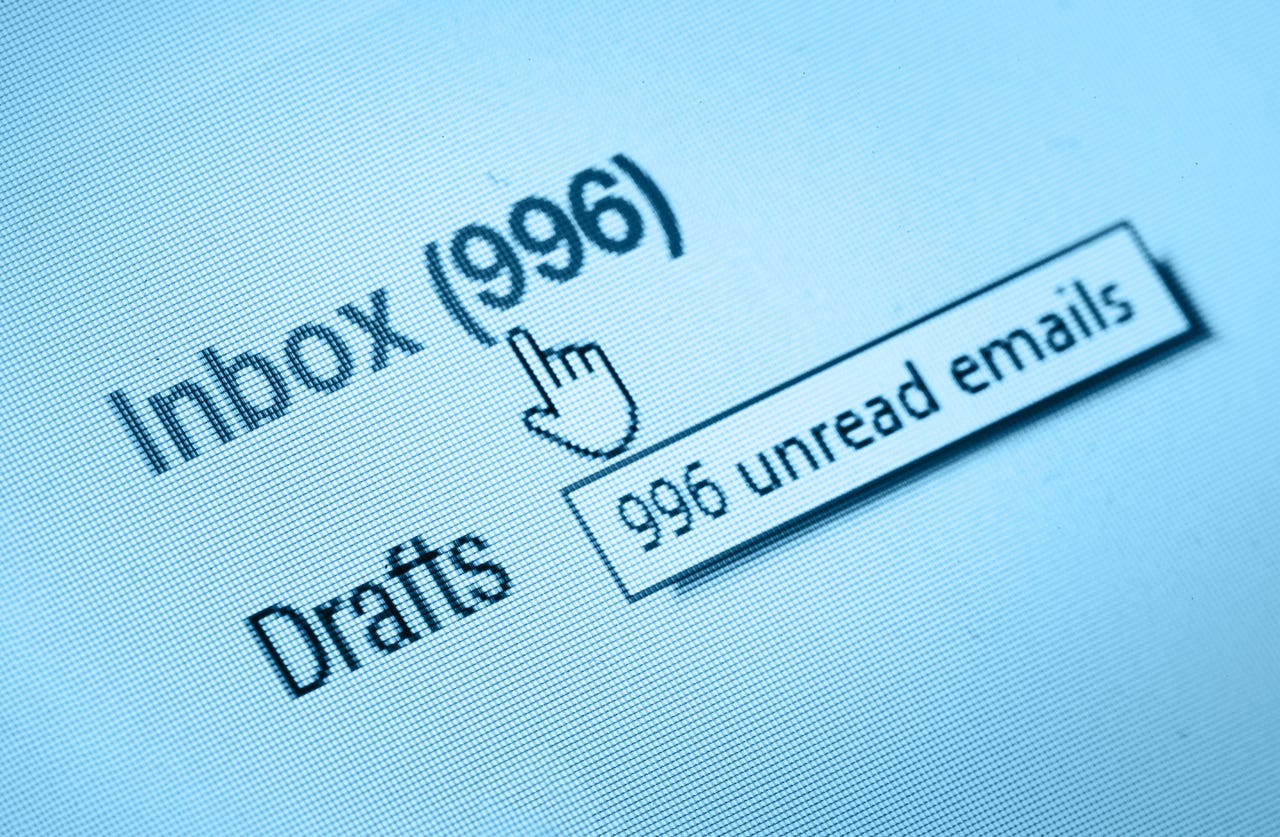Email Privacy Act reintroduced in Congress


NHS staff replying to the 'test' email only made the problem much, much worse...
Do you want the government putting its nose into your email without a warrant? If not, you want the Email Privacy Act to become the law of the land.
A bipartisan group of lawmakers has reintroduced the Email Privacy Act. This law would update the 1986 Electronic Communications Privacy Act (ECPA). ECPA is the main statute governing law enforcement access to email. If passed, government agents would have to get a warrant to look at your emails. Current law allows law enforcement and government agencies to obtain your messages from email service providers without a warrant if they are older than 180 days.
Security
In its first go-around, the bill passed in a 419-0 vote in a Congress that could seldom agree on what day of the week it was. Before that the Email Privacy Act had become very popular in the House, with 315 out of 435 possible sponsors by the time it left the House Judiciary Committee.
Congresswoman Suzan DelBene, Democrat from Washington state and former Microsoft VP, said, "After spending two decades in the technology sector where things evolve at light speed, it is hard to believe that we're starting another year with laws that were written for how computing worked in the 1980s. Meanwhile, cloud-based services become more ubiquitous with every passing day, highlighting the absurdity that current law provides greater protections for a letter in a filing cabinet than an email on a server."
This is not a Democrat bill. It was first introduced by Kevin Yoder, a Republican representative from Kansas.
The bill also enjoys support from Information Technology and Innovation Foundation (ITIF), a science and tech policy think tank. ITIF vice president Daniel Castro wrote:
This legislation provides an obvious and long-needed fix to protect Americans' privacy and Fourth Amendment protections. Rules on how the government can access electronic communications in criminal investigations have simply not kept up with advances in modern technology. Indeed, US law still treats data stored in the cloud differently than data stored on a local computer. Americans expect that their information will receive the same constitutional protections regardless of how it is stored, and this legislation will help bridge that divide.
The Center for Democracy & Technology (CDT) think tank also supports email legal reform. "The Email Privacy Act is a commonsense, bipartisan measure that protects the privacy of everyone's communications. The importance of private communications is clearly one thing everyone in Congress can agree on," said CDT Vice President for Policy Chris Calabrese.
So why isn't it law yet? The House Judiciary Committee chairman Bob Goodlatte, a Republican from Virginia, didn't push the the bill forward in 2016. Goodlatte claimed, however, that he "supports" the core of the bill.
Federal agencies, which have heavily relied on keeping the old and outdated ECPA law, have also pushed for there to be no changes to the law.
Mary Jo White, head of the Securities and Exchange Commission (SEC), has told the head of the Senate Judiciary Committee that the warrant requirement would block the SEC from obtaining digital content from service providers.
Therefore, she asked that the government grant the SEC the power to compel email providers without a warrant. By extension, this would also give such agencies as the Internal Revenue Service (IRS) the right to demand your emails from your provider, say Google Gmail or Microsoft Outlook.com, without a warrant.
The SEC's stance has been strongly opposed by industry leaders. Billionaire entrepreneur Mark Cuban accused the SEC of "bad public policy" by "continuing to lead the charge in objecting to legislation" that would reform the ECPA. Apple, Google, and Yahoo are also supporting email privacy reform.
White will be leaving the SEC when Donald Trump becomes president. While support for the bill on the hill still seems to be strong, it's unclear if Trump would sign a bill into law which protects email privacy. He is, after all, on record as publicly asking the Russians to hack Hillary Clinton's email.
Related Stories:
- Mark Cuban slams SEC for blocking email privacy reform effort
- House passes bill forcing feds to seek warrant for old email
- Congress unites to back law that would curb warrantless email searches
Video: How to avoid the latest email scam